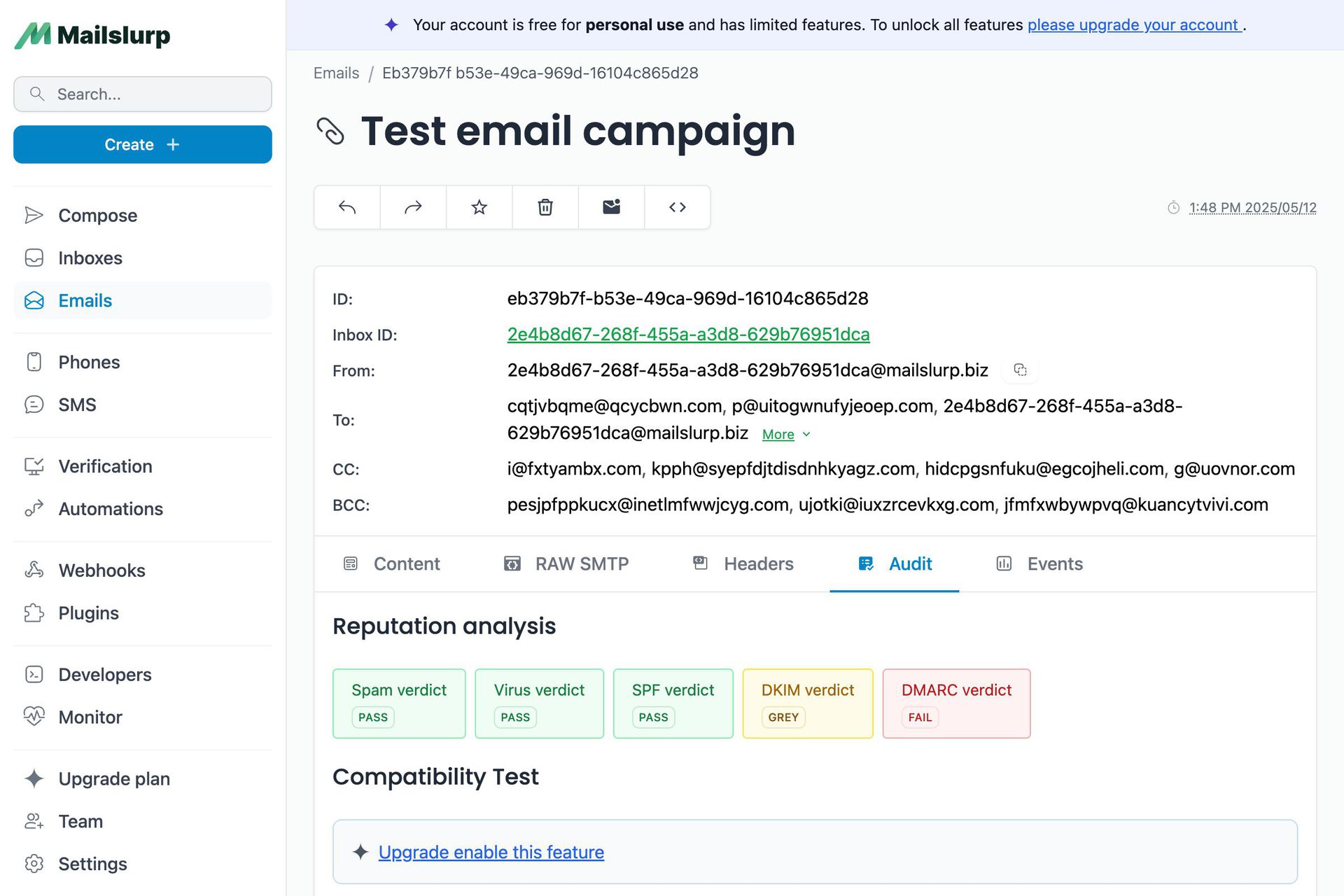Videos
Check out our tutorial video series.
Maximize your email marketing success with our guide on calculating email open rates. Learn the formula, track your performance, and boost engagement!
According to experts, a good email open rate should range from 17 to 28 percent, depending on the company. But it's important to research your particular industry averages and compare your data.
You'll have a better sense of how frequently people look forward to your emails and how effective your subject lines are if you know your company's email open rate.
You will therefore discover how to determine your email rate in this piece. But first, let's understand what an email open rate is for.
Email open rate displays the proportion of subscribers out of all of your subscribers who open a certain email. It provides the recipients of your email campaign with a measure indicating the campaign's success or failure.
The outcomes of this study can help you decide whether you need to do more and examine additional related variables to optimize your emails. Your main objective is to raise the open rate if it is low.
There are several open email rate formulas we can consider:
You need to know how many email addresses are on your mailing list to use this calculation to get the open rate (total recipients). How many folks actually open your email? (Total unique opens).
With these, you can multiply the result by 100 after dividing the number of opens by the total number of recipients.
Note: You only need the unique opens for this computation. Therefore, a recipient who opens the same email twice or more will only count as one unique open.
You will receive an accurate open rate using this method, which focuses on engagements. You may need to discern the following information to use this formula:
Let's use this example to demonstrate how to calculate the email open rate for multiple campaigns.
Your open rates for your three most recent email campaigns were as follows:
Adding them all together and dividing by three will give you the average open rate for your email campaigns:
(16 + 20 + 22) ÷ 3 = 19.3%
Primarily, the effectiveness of subject lines and pre-inbox optimization determines the open rate, while the click rate reveals whether the email design was successful.
The click-to-open rate (CTOR), which combines the open rate and click rate into one statistic, provides information on the proportion of recipients that clicked the CTA in the email. In fact, it assesses how successful and relevant the email's content is.
Consider a scenario in which 200 potential clients opened your email campaign, but only 66 of them chose to click the CTA link. Utilize the following formula to determine the Click-to-open rate:
click-to-open rate = (total unique clicks ÷ total unique opens) x 100
It is either you are using tracking email open pixels or trackable links, which are popular among top email service providers. Although the read-receipt tracking system, which is currently hardly utilized, is an option.
An HTML snippet with a unique tracking number is called a tracking pixel and is included in the email. Even though this performance indication is not entirely precise, the tracking number indicates that the email has been viewed when the receiver loads it. Many marketing platforms and email services, such as MailSlurp or Amazon SES, employ it since it is one of the most trustworthy methods of tracking opens.
Trackable links are auto-generated with tracking software, inserted into email content, and made visible to the recipients. So when the recipient clicks on this link, you get information about who opened the email and when.
You can find out if an email has been opened or not by using read receipts. Because of the way it operates, it is not dependable. You will need to email the receiver and include a receipt request in the hopes that they will agree to receive a read receipt. You won't ever know if an email is opened if the recipient's email client's settings do not permit read receipts.
Typically, the open rate depends on the following:
But to know if your open rate is good, observe the following benchmarks from experts in MailSlurp.
If you want to improve your email open rate, do the following:
Always test an email campaign before deploying it!
You will be able to figure out how many times your emails are opened if you rightfully calculate your email open rate. The results can improve your sending frequency or perhaps cause you to review your email campaign strategy and get it right. Services like MailSlurp as free and can help improve your email open rate.
Check out our tutorial video series.
Email and SMS guides for automation and testing.
View github project code for multiple languages.
Latest posts from the MailSlurp team.
Test, build, and automate messaging with a free MailSlurp account.
